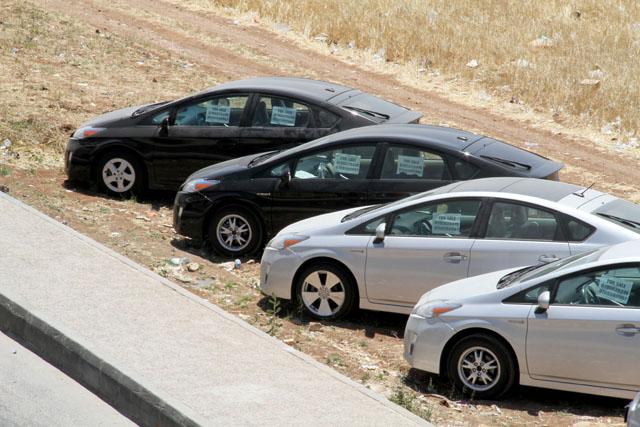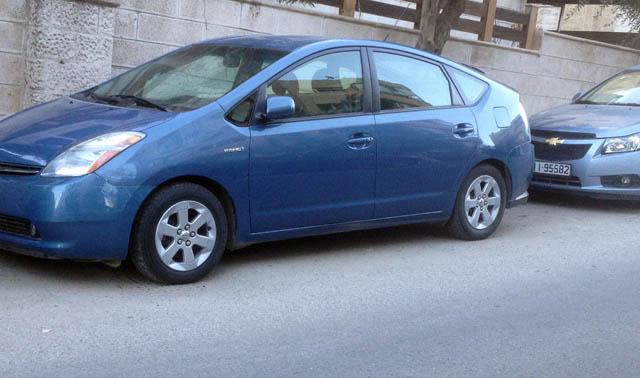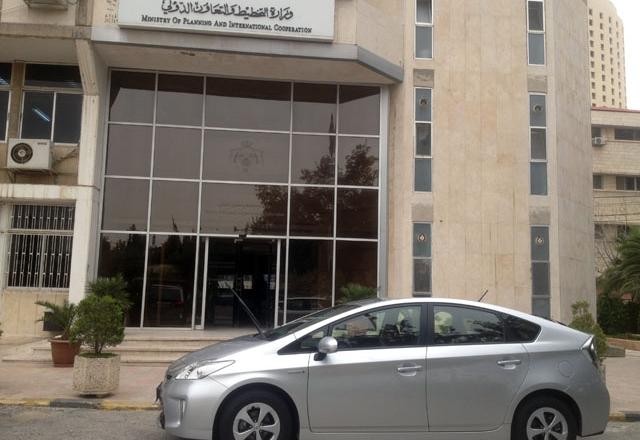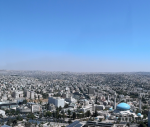AMMAN –– Hybrid auto imports increased by nearly sixfold last year compared with 2012, according to official figures.
A total of 14,565 electric battery-powered cars were imported last year, compared to 2,598 cars in 2012, Jordan Customs Department (JCD) figures indicated.
However, overall auto imports in 2013 –– including hybrid and conventional vehicles –– dropped by nearly 19 per cent, from 63,644 cars in 2012 to 51,845, according to JCD data compiled in response to a query by The Jordan Times.
Official figures estimate the number of hybrid cars on the Kingdom’s streets at around 30,000.
Nabil Rumman, president of the Jordan Free Zone Investors Association, attributed the increase in imports of fuel-efficient autos to the government’s decision to give tax cuts to motorists who replace their used cars with hybrids.
In a bid to renew the cars on the Kingdom’s roads and to address the ballooning gasoline bill, on June 1, 2012 the Cabinet decided to reduce the tax on small-engine hybrids from 55 per cent of the value of the vehicle to 25 per cent and to place a five-year age limit on all cars entering the local market.
The decision also granted motorists who trade in cars that are 10-years-old or more, a further tax discount, under which they pay 12.5 per cent in a special tax for hybrids while their old cars are scrapped.
“Hybrid sales went up because many people traded in their old cars with fuel efficient ones,” Rumman told The Jordan Times, adding that the number of motorists who purchased green cars subject to the 25 per cent tax was relatively small.
He blamed the five-year age limit imposed on cars allowed to enter the domestic market for the drop in overall auto imports.
“Most Jordanians can only afford to buy cars manufactured before 2000,” he said, indicating that on average 60,000 cars are imported every year.
Describing 2013 as a “good year” for auto importers, Rumman noted that 149,000 cars were re-exported from the free zone to regional markets, 80 per cent of them to Iraq.
Around 70 per cent of the cars that entered were Korean-made as most Jordanians prefer them due to their affordable prices and operational costs, according to Rumman.
“Cars made in Japan and the US are more expensive than those made in Korea and their maintenance is also costlier,” he explained.


















